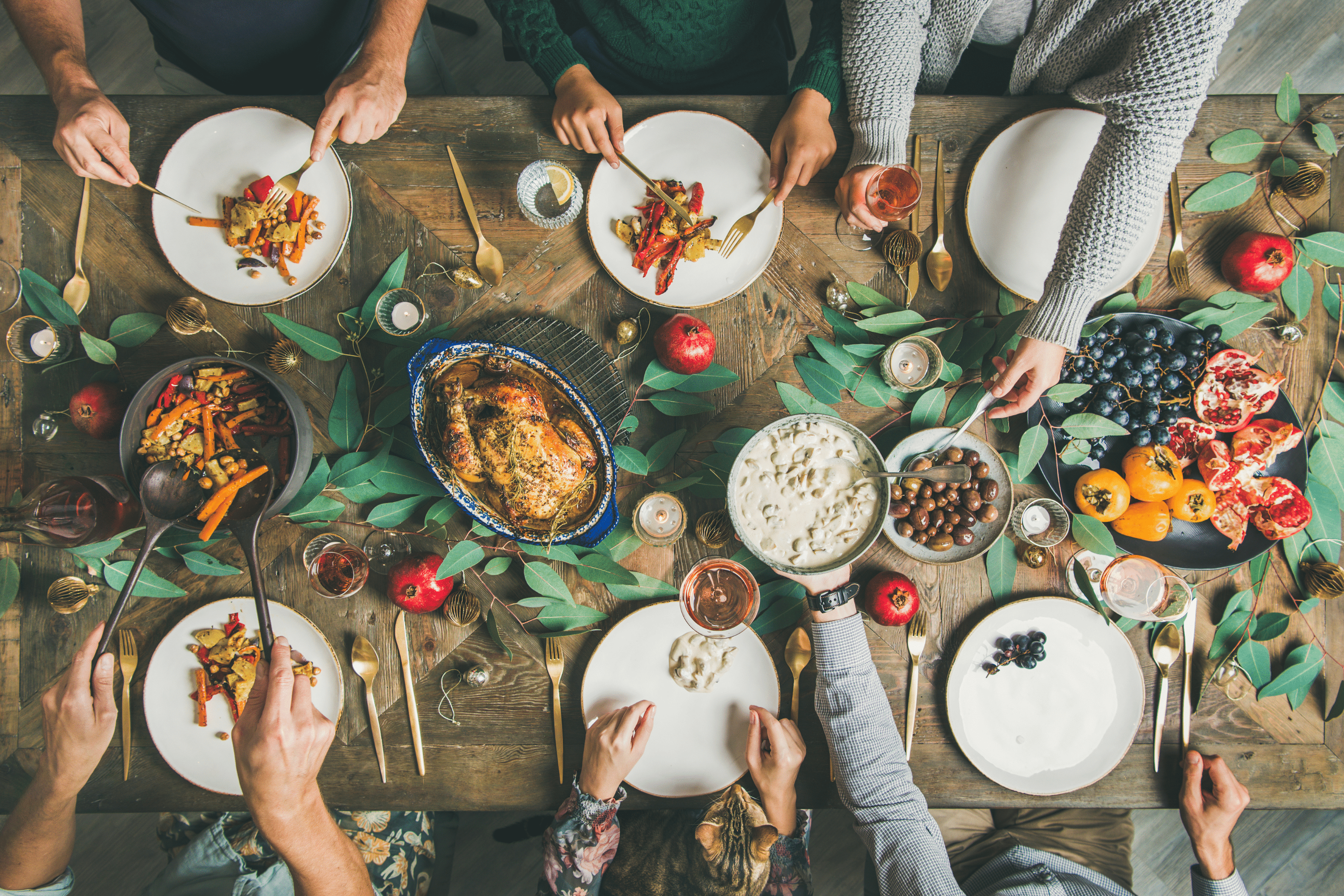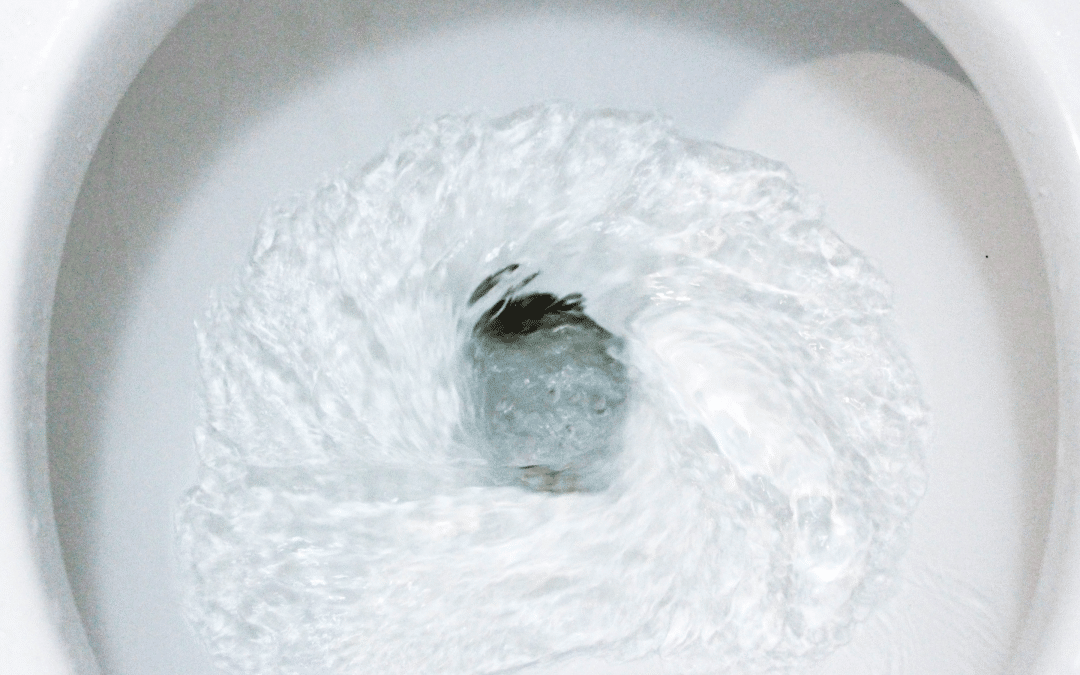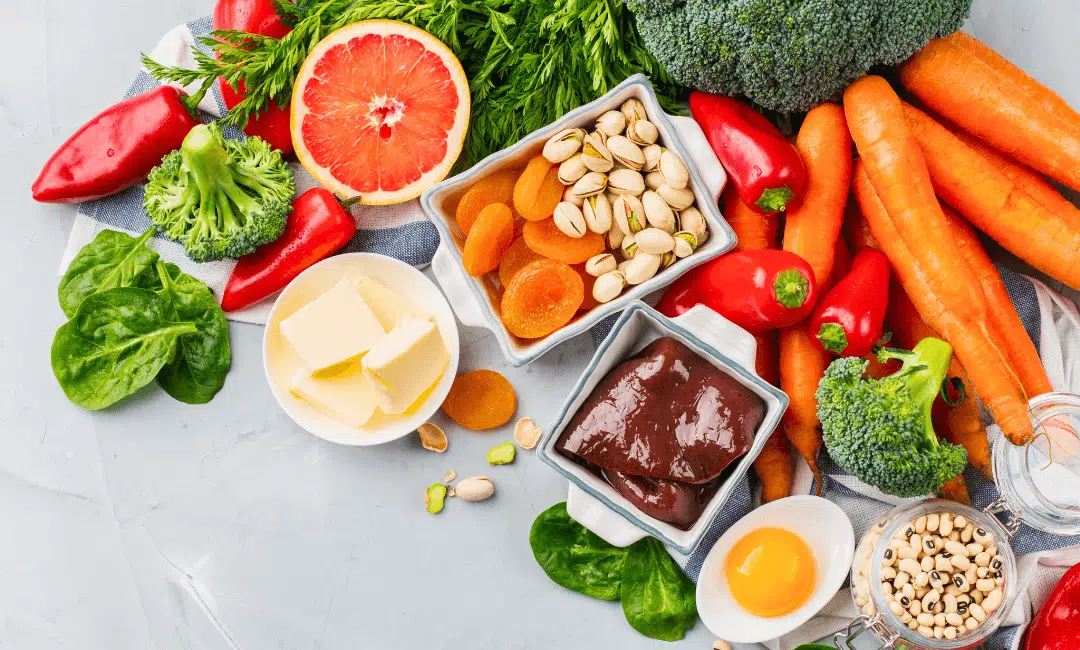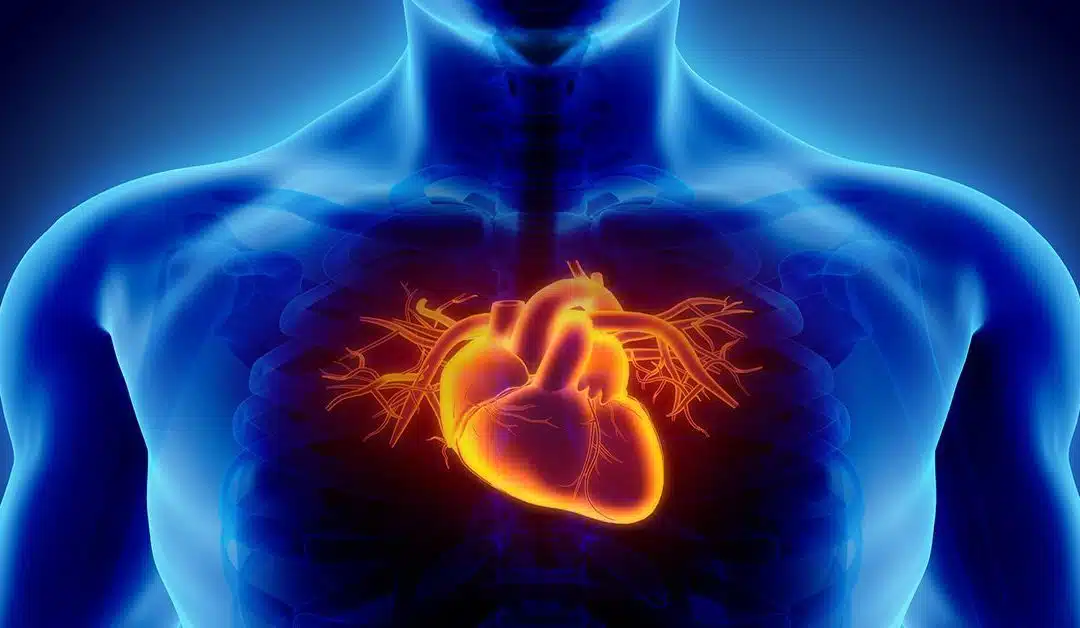The holiday season is a joyous time filled with celebrations, gatherings, and indulgent meals. However, it can have a significant impact on our gut health, both positive and negative. Understanding these effects is crucial in developing strategies to maintain a healthy gut during this festive period. In this article, I’ll share insights and strategies to help you navigate the holiday season while nurturing a healthy gut. For those suffering with IBS and/or leaky gut, here is a holiday article I published last year.
The Impact of the Holiday Season on Gut Health
There are many ways holiday celebrations can affect our gut health. On the positive side, many traditional holiday dishes are rich in fiber, probiotics, and nutrients that can support a healthy gut microbiome. For instance, fermented foods like sauerkraut, kimchi, and kombucha, which are often served during the holidays, are excellent sources of probiotics that promote a balanced gut flora.
However, the holiday season also brings its fair share of challenges for gut health. Overindulging in rich, fatty foods, excessive alcohol consumption, and irregular eating patterns can disrupt the delicate balance of gut bacteria [1], leading to digestive issues such as bloating, constipation, or diarrhea. Stress, which is common during the holidays due to social obligations and financial pressures, can also negatively impact gut health by altering the gut-brain axis.
Pros and Cons of Holiday Foods on Gut Health
The holiday season is often associated with indulgent meals and decadent treats. Let’s explore the pros and cons of holiday foods on gut health.
PROS:
- Fermented Foods: Many traditional holiday dishes, such as sauerkraut, kimchi, and pickled vegetables, are fermented and rich in probiotics. These beneficial bacteria support a healthy gut microbiome and aid in digestion.
- Fiber-rich Foods: Holiday meals often include fiber-rich foods like roasted vegetables, whole grains, and fruits, which promote regular bowel movements and feed the beneficial gut bacteria.
- Spices and Herbs: Spices like ginger, turmeric, and cinnamon, commonly used in holiday recipes, have anti-inflammatory properties that can help soothe an irritated gut.
CONS:
- Rich and Fatty Foods: Holiday meals are often loaded with rich and fatty foods like gravy, buttery dishes, and fried treats, which can be difficult to digest and may contribute to inflammation in the gut.
- Excessive Alcohol Consumption: Overindulging in alcoholic beverages during the holidays can disrupt the gut microbiome and lead to inflammation, dehydration, and digestive issues [2].
- Sugary Treats: Desserts and sweets are a staple during the holiday season, but excessive sugar consumption can feed harmful gut bacteria and contribute to imbalances in the gut microbiome.
It’s important to strike a balance and enjoy holiday foods in moderation. By incorporating gut-friendly options and being mindful of portion sizes, we can minimize the potential negative impacts on our gut health while still savoring the flavors of the season.
Incorporating Probiotics into your Holiday Diet
Incorporating probiotics into your holiday diet can be a simple and delicious way to support gut health during this indulgent time of year. Here are some strategies to help you get started:
- Fermented Foods: Embrace traditional fermented foods like sauerkraut, kimchi, yogurt, kefir, and kombucha. These foods are naturally rich in probiotics and can be easily incorporated into holiday meals or served as side dishes.
- Probiotic Supplements: Consider taking a high-quality probiotic supplement, especially during times of increased indulgence or stress. Look for supplements that contain a diverse range of probiotic strains and ensure proper storage and handling to maintain their potency.
- Probiotic-rich Beverages: Enjoy probiotic-rich beverages like kefir smoothies or kombucha cocktails as a refreshing and gut-friendly alternative to sugary or alcoholic drinks.
- Probiotic-infused Recipes: Experiment with recipes that incorporate probiotic-rich ingredients, such as yogurt-based dips, fermented vegetable side dishes, or probiotic-infused desserts.
Remember, while probiotics are generally safe for most people, it’s always a good idea to consult with a healthcare professional, especially if you have any underlying health conditions or are taking medications that may interact with probiotics.
Tips for Maintaining Gut Health while Enjoying Holiday Meals
The holiday season is a time for indulgence and celebration, but that doesn’t mean you have to sacrifice your gut health. Here are some tips to help you maintain a healthy gut while enjoying holiday meals:
- Practice Portion Control: While it’s okay to indulge in your favorite holiday treats, be mindful of portion sizes. Overeating can lead to digestive discomfort and put unnecessary strain on your gut.
- Meal Timing: Eating earlier in the day can be more beneficial to your gut health [1].
- Stay Hydrated: Drinking plenty of water can help support digestion and prevent constipation, which is common during the holidays due to changes in diet and routine [3].
- Incorporate Fiber-rich Foods: Include fiber-rich foods like vegetables, fruits, and whole grains in your holiday meals. Fiber acts as a prebiotic, feeding the beneficial bacteria in your gut and promoting regular bowel movements.
- Balance Indulgences with Gut-friendly Options: For every rich or indulgent dish you consume, try to balance it with a gut-friendly option like fermented foods, probiotic-rich beverages, or lean proteins.
- Manage Stress: The holidays can be a stressful time, and stress can have a negative impact on gut health. Practice stress-management techniques like deep breathing, meditation, or gentle exercise to help keep your gut in balance.
Other Lifestyle Factors that Affect Gut Health During the Holidays
While diet and stress are significant factors that influence gut health during the holiday season, there are other lifestyle elements that can also play a role. By being mindful of these factors and making small adjustments, you can further support your gut health and overall well-being.
- Sleep: Adequate sleep is crucial for gut health, as it allows the body to repair and regenerate. During the holidays, irregular sleep patterns due to late nights and travel can disrupt the gut microbiome and contribute to digestive issues. Aim for 7-9 hours of quality sleep each night to support a healthy gut.
- Exercise: Regular physical activity not only benefits overall health but also promotes a diverse and balanced gut microbiome. Even light exercise, such as taking a daily walk or engaging in gentle yoga, can have a positive impact on gut health during the holiday season.
- Antibiotic Use: If you require antibiotics during the holiday season, be aware that they can disrupt the gut microbiome and potentially lead to digestive issues. Consider taking a probiotic supplement or consuming probiotic-rich foods to help replenish the beneficial bacteria in your gut after antibiotic treatment.
- Travel: Holiday travel can disrupt your routine and expose you to new environments and potential pathogens. Pack probiotic supplements, hydrating beverages, and gut-friendly snacks to help maintain a healthy gut while on the go.
By being mindful of these lifestyle factors and making small adjustments, you can create an environment that supports a healthy gut microbiome during the holiday season. Remember, a holistic approach that considers diet, stress management, and overall lifestyle habits is key to maintaining optimal gut health.
Final Thoughts
As we navigate the joyous and indulgent holiday season, it’s essential to prioritize our gut health. Remember, the key is to enjoy the holiday season while being mindful of your gut health. By incorporating these tips and finding a balance that works for you, you can savor the flavors of the season without compromising your digestive well-being. Happy Holidays!
Sources
[1] BaHammam, A. S., & Pirzada, A. (2023). Timing Matters: The Interplay between Early Mealtime, Circadian Rhythms, Gene Expression, Circadian Hormones, and Metabolism-A Narrative Review. Clocks & sleep, 5(3), 507–535. https://doi.org/10.3390/clockssleep5030034
[2] Pohl, K., Moodley, P., & Dhanda, A. D. (2021). Alcohol’s Impact on the Gut and Liver. Nutrients, 13(9), 3170. https://doi.org/10.3390/nu13093170
[3] Sato, K., Hara-Chikuma, M., Yasui, M., Inoue, J., & Kim, Y. G. (2024). Sufficient water intake maintains the gut microbiota and immune homeostasis and promotes pathogen elimination. iScience, 27(6), 109903. https://doi.org/10.1016/j.isci.2024.109903
https://www.healthcert.com/blog/supporting-holiday-gut-health
https://twin-cities.umn.edu/news-events/gut-health-during-holidays
https://www.nm.org/healthbeat/healthy-tips/Holiday-Stress-and-Gut-Health
https://www.everydayhealth.com/digestive-health/how-to-keep-your-gut-in-check-over-the-holidays/
https://www.bartonhealth.org/blog/2023/5-tips-for-better-gut-health-through-the-holidays/
https://news.nm.org/holiday-stress-and-gut-health-tips-to-manage-digestive-trouble/








